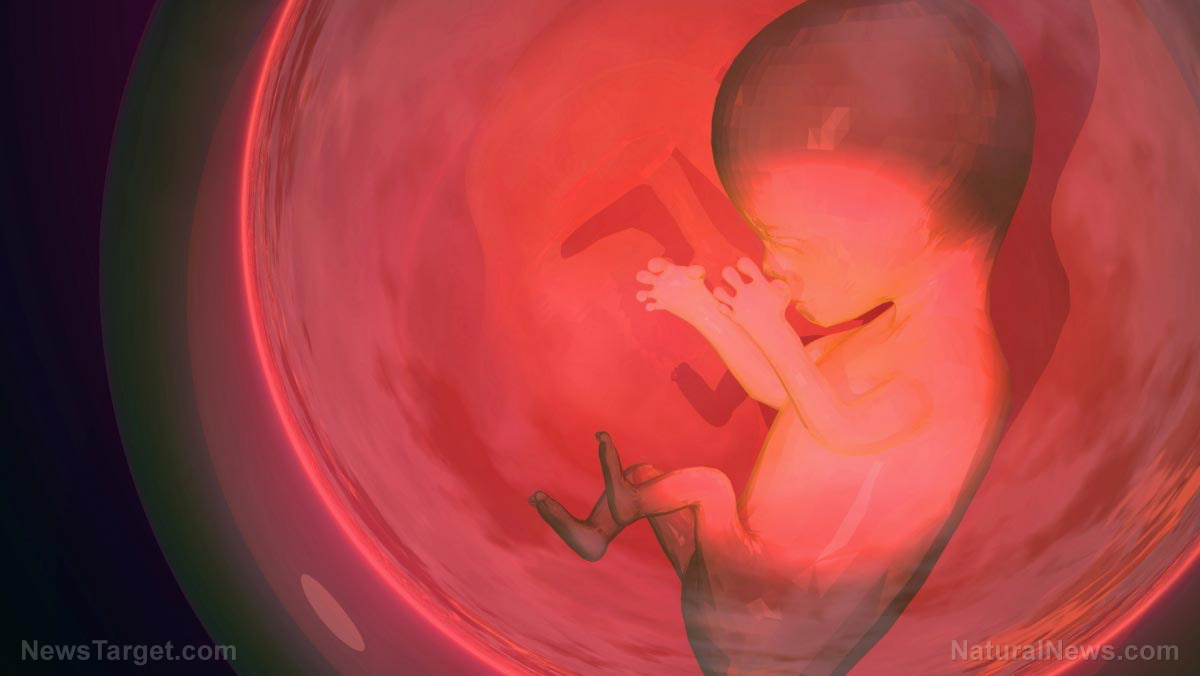 Parler
Parler Gab
Gab
How refined carbs increases your risk of insomnia
Refined carbs are processed foods that have been stripped of some of their nutrients, such as fiber and minerals. Some examples of refined carbs include white bread, processed breakfast cereals, pastries, sweeteners and high-fructose corn syrup. Past studies suggest a possible link between insomnia and the consumption of refined carbs, but this finding is yet to be confirmed. Since researchers didn't follow participants over a long period of time, it's unclear whether a diet high in refined carbs really triggers the onset of insomnia, or if insomnia causes people to eat more refined carbs. To explore this association, the researchers analyzed data from more than 50,000 postmenopausal women included in the Women's Health Initiative. These women completed food diaries to allow researchers to understand whether those who eat foods with high glycemic indices are more likely to develop insomnia than those who eat low glycemic foods. The glycemic index (GI) is a rating system for foods that contain carbohydrates. GI values represent how quickly these foods affect your blood sugar when eaten on their own. High GI foods, such as those rich in refined carbs, are broken down quickly by your body and cause spikes in your blood sugar. Meanwhile, low GI foods, such as whole grains, are broken down more slowly and only cause a gradual rise in blood sugar. Together with his colleagues, sleep specialist and study author James Gangwisch hypothesized that blood sugar spikes that occur after eating refined carbs can contribute to the development of insomnia. "When blood sugar is raised quickly, your body reacts by releasing insulin, and the resulting drop in blood sugar can lead to the release of hormones such as adrenaline and cortisol, which can interfere with sleep," Gangwisch explained. True enough, the team's findings showed that participants on a high GI diet were more likely to develop insomnia than those who consumed more vegetables and whole fruits. But why are whole fruits good for our health when they also contain sugar? According to Gangwisch, whole fruits are rich in fiber, which slows the rate by which your body absorbs sugar. This, in turn, helps prevent blood sugar spikes. "This suggests that the dietary culprit triggering the women’s insomnia was the highly processed foods that contain larger amounts of refined sugars that aren’t found naturally in food," said Gangwisch. These findings may hold true not only for postmenopausal women since most people experience blood sugar spikes after eating refined carbs. The next step for the researchers is to carry out more studies to determine whether a dietary intervention that focuses on increasing a person's intake of whole foods and complex carbs could prevent and treat insomnia. This, in turn, can lower the cost of insomnia treatment, as the condition is often treated with expensive medications and cognitive behavioral therapy. "By identifying other factors that lead to insomnia, we may find straightforward and low-cost interventions with fewer potential side effects," Gangwisch said.What you need to know about carbs
Carbs are one of the three nutrients that your body needs in large amounts. They are broken down by your digestive system into glucose, which enters your bloodstream and is used by your cells to produce energy. Carbs are generally categorized as either simple or complex. Complex carbs are less likely to cause blood sugar spikes and are better sources of energy than simple carbs. Meanwhile, a diet high in simple carbs can contribute to weight gain and increase your risk of diabetes, heart disease and high cholesterol. Foods and drinks can have three types of carbohydrates. These are:- Dietary fiber – Fiber is a complex carb commonly found in fruits, vegetables, nuts, seeds, beans, legumes and whole grains. Your body cannot break down fiber; instead, it passes relatively intact through your digestive tract and out of your body. It helps keep you from overeating and promotes regular bowel movement.
- Starch – Starch is a complex carb that your body breaks down to produce energy. It takes longer to break down than sugars. Starchy foods include vegetables like sweet potatoes and corn, as well as beans, legumes and whole grains.
- Sugars – Sugars are simple carbs and include both natural and artificial sugars. They cause blood sugar spikes and give you a burst of energy that leaves you feeling drained once the sugar high elapses.
- Half of your plate is filled with fruits and veggies
- One-quarter is filled with whole grains
- One-quarter is filled with lean protein
Supplementing with vitamin D found to improve blood pressure in overweight children
By Zoey Sky // Share
Deborah Birx hid covid info from Trump, altered CDC guidelines without approval
By Ethan Huff // Share
Germany’s birth rate improbably falls by 11% in the first quarter of 2022
By Lance D Johnson // Share
By Mary Villareal // Share
Common signs and symptoms of magnesium deficiency
By Olivia Cook // Share
Governments continue to obscure COVID-19 vaccine data amid rising concerns over excess deaths
By patricklewis // Share
Tech giant Microsoft backs EXTINCTION with its support of carbon capture programs
By ramontomeydw // Share
Germany to resume arms exports to Israel despite repeated ceasefire violations
By isabelle // Share










